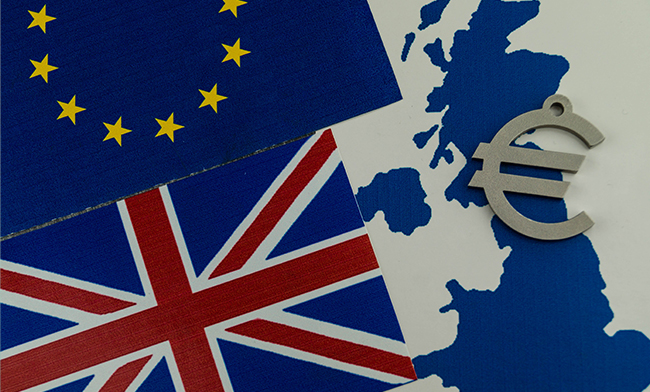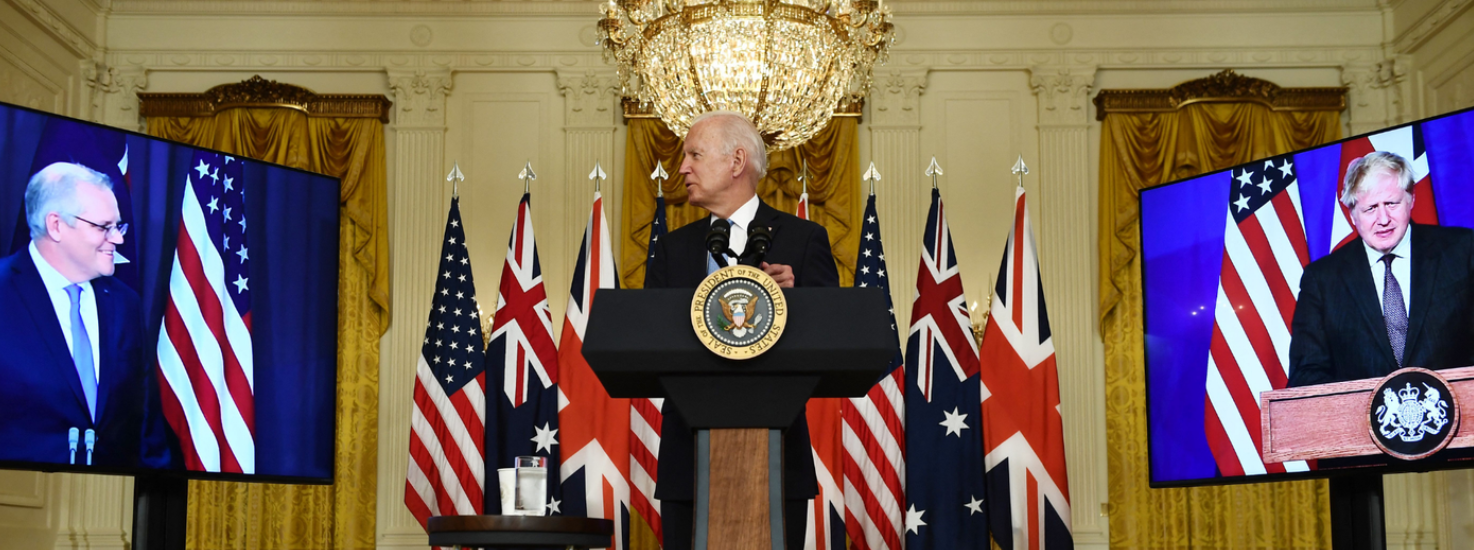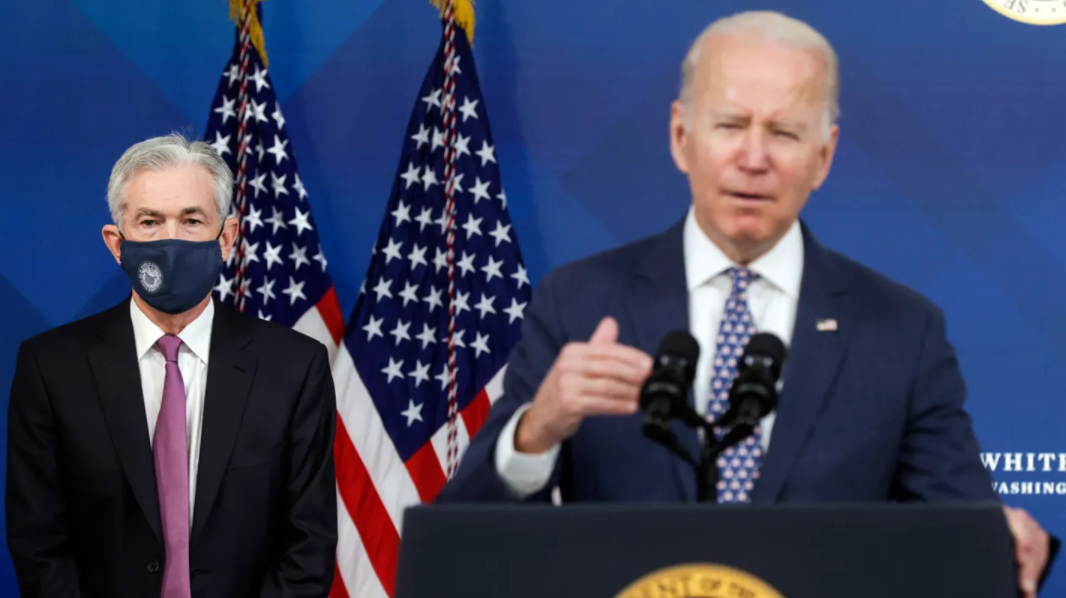Friday / October 15
EU-UK trade war?
Leading EU member states are pressing Brussels to prepare drastic retaliatory measures if London proceeds with its threat to suspend trade arrangements for Northern Ireland included in the Brexit deal.
- Earlier this week, representatives of the five member states met with European Commission vice-president and EU Brexit negotiator Maros Sefcovic, demanding that he draw up contingency plans for a possible trade war, British Financial Times said, quoting European diplomats.
Diplomats added that the EU’s potential trade war action against the United Kingdom was supported by France, Germany, the Netherlands, Italy and Spain.
- Options discussed in EU capitals include restricting the UK’s access to the bloc’s energy resources, imposing tariffs on British exports or, in extreme cases, terminating the trade agreement between the two parties.
British Brexit minister Lord David Frost warned on Tuesday that London could seek to suspend much of the Northern Ireland protocol that is part of the withdrawal deal.
The protocol mandates customs and regulatory controls on goods going from Great Britain to Northern Ireland, which took effect in January. These arrangements became a source of bitter disagreement between the two sides.
Under the Brexit deal, London has agreed to allow Northern Ireland to remain in the EU single market to avoid a hard border on the island of Ireland.
Sefcovic on Wednesday proposed changes to the protocol, including canceling many checks on food going from Great Britain to the region in an attempt to resolve the dispute.
After demanding a fundamental rewriting of the protocol, there are fears that London will reject the bloc’s proposals and trigger Article 16 instead.
Inflation question
“If inflation turns out not to be temporary, there’s no shame in saying that. Inflation today seems broad-based,” said Thomas Barkin, Chairman of the Richmond Federal Reserve Bank in the US.
In a speech in New York on Thursday, Barkin said it was time for the central bank to discuss tapering the $120 billion a month in asset purchases, but declined to make any predictions about the course of policy.
Barkin also said it was uncertain what direction today’s hyperinflation would take, even if the pandemic-induced issues show some signs of moderation.
US jobs data
The number of Americans applying for state unemployment benefits has fallen to its lowest level since the start of the pandemic.
Unemployment claims fell by 36,000 last week to a seasonally adjusted 293,000, the Department of Labor said on Thursday. This is the second consecutive decline, and a sign that the job market is still improving, despite hiring slowing in the last two months.
The figure is below 300,000 for the first time, the biggest drop since late June and also the lowest since the week of March 14, 2020, when the pandemic intensified.
Economists polled by Reuters had a forecast of 319,000 demands for the week ending Oct 9. The demand range of 250,000–300,000 is seen as consistent with a healthy labor market. Applications fell from a record 6,149 million in early April 2020.
US stocks
U.S. stocks rose on Thursday after better-than-expected earnings reports from Walgreens Boots Alliance, UnitedHealth, Bank of America and other major companies.
The S&P500 rose 1.7% to 4,438.26, marking its biggest gain since March. The Dow Jones Industrial Average rose 534.75 points, or 1.6% to 34,912.56. The Nasdaq Composite Index jumped 1.7% to 14,823.43 points.
All three indices are on track to close the week higher, with S&P 500 and Dow making roughly 2% more from their record levels.
- Third-quarter earnings season accelerated Thursday as several major banks and Dow members reported financial results ahead of the opening.
Shares of Bank of America, Morgan Stanley and Citigroup rose 4.5%, 2.5% and 0.8%, respectively, after they beat earnings expectations.





